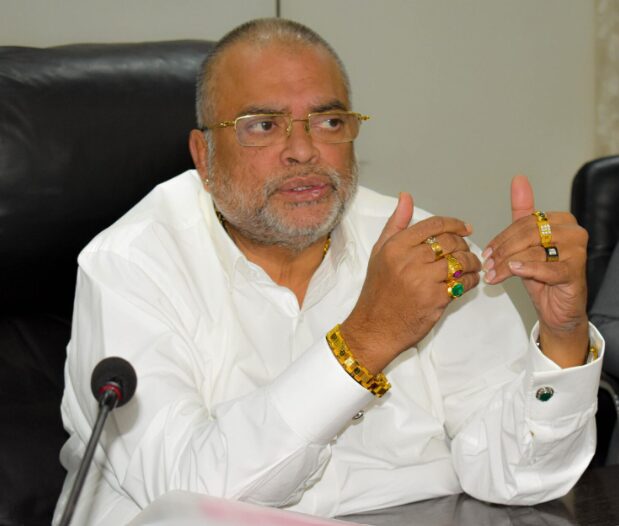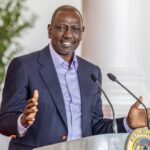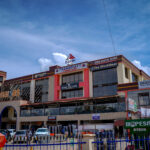
Eldoret, Kenya — Dr. Swarup Mishra, the founder and chairman of Mediheal Group of Hospitals, has formally addressed recent organ trafficking allegations that have sparked nationwide scrutiny, including the suspension of transplant services at Mediheal Hospital and his removal as Chair of the Kenya BioVax Institute.
Speaking at a press conference in Eldoret, Dr. Mishra expressed deep regret over not stepping aside earlier to facilitate investigations, attributing his delay to being in India for his father’s funeral.
“Had I been in Kenya, I would have stepped aside immediately,” Dr. Mishra stated. Flanked by his legal team, led by renowned advocate Katwa Kigen, he affirmed his commitment to transparency: “I am fully prepared to cooperate with all investigative bodies and parliamentary committees.”
Allegations Spark Multi-Agency Investigation
The controversy stems from an investigative report by Deutsche Welle, which flagged potential irregularities in Mediheal’s transplant program. The report highlighted recurring use of donors from countries such as Azerbaijan and Kazakhstan, prompting Kenyan authorities to initiate a multi-agency probe and halt all transplant activities at the hospital.
In response, President William Ruto also relieved Dr. Mishra of his leadership role at Kenya BioVax Institute.
Legal and Medical Leaders Defend Mediheal
Katwa Kigen defended Mediheal’s practices, emphasizing adherence to both Kenya’s Health Act and global ethical standards.
“Each transplant is supported by legally binding agreements and a verifiable paper trail,” Kigen said, underscoring Mediheal’s documentation and compliance.
Maryline Limo, Vice President of Mediheal, highlighted the hospital’s stellar track record:
- 476 kidney transplants since 2018
- 98% success rate
- Zero donor fatalities
“Our $5 million renal unit, featuring minimally invasive technology, is one of the most advanced in Africa,” she noted.
Dr. Srinivasa Murthy, a leading nephrologist at Mediheal, elaborated on their gene-to-gene matching technology, attracting patients from Germany, Israel, and the U.S.
Medical Tourism and Global Tensions
Mediheal’s competitive pricing—$2,500 for African nationals compared to $35,000 internationally—has positioned Kenya as a rising hub for medical tourism.
Dr. Mishra suggested that this growth may have sparked geopolitical discomfort.
“This is not about politics,” he said. “It may be resistance from countries unprepared for Kenya’s medical advancement.”














